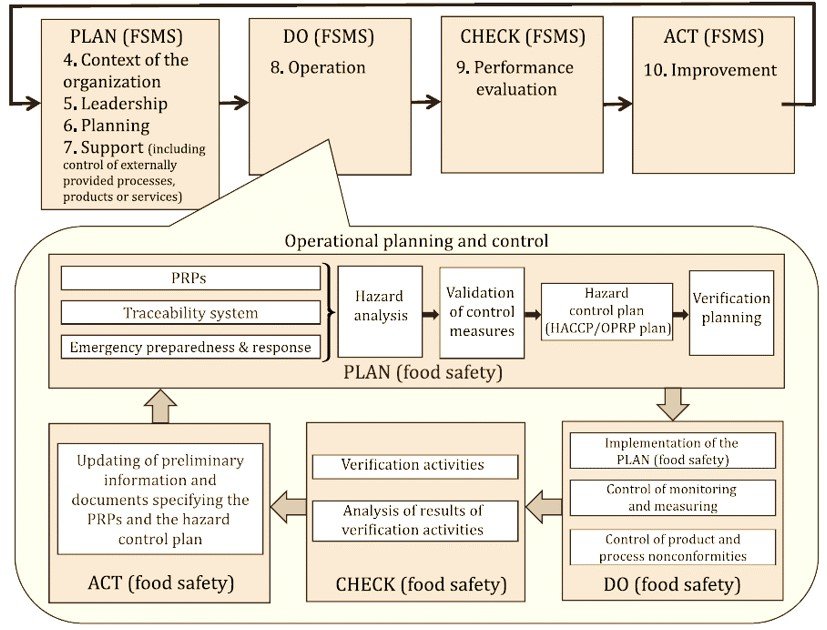ISO 50001:2018
Energy Management System – ISO 50001 Certification
A Simple Way to Minimize the Utility of Energy Resources.

Success through management excellence

ISO 50001 Certification Services Through Global Standards
In today’s competitive business landscape, organizations must prioritize energy efficiency to reduce costs, comply with regulations, and enhance sustainability. ISO 50001 Certification serves as a globally recognized standard for Energy Management Systems (EnMS), helping businesses streamline energy consumption while improving operational efficiency. Global Standards, a leading certification service provider, empowers organizations across multiple sectors to achieve Energy Certification seamlessly.
This white paper explores how Global Standards delivers 100% successful results in ISO 50001 Certification implementation. Furthermore, we highlight real-world success stories from the construction sector, including Farhan Quddus & Co. and Mir Hassan Marghzani Enterprises, where energy efficiency improved by up to 70% and 65%, respectively.
Why ISO 50001 Certification Matters
Businesses today face increasing pressure to adopt sustainable practices while maintaining profitability. ISO 50001 Certification provides a structured framework for organizations to monitor, analyze, and optimize energy usage. Moreover, companies that achieve Energy Certification gain a competitive edge by demonstrating our commitment to environmental responsibility.
Global Standards specializes in guiding businesses through the certification process with tailored solutions. From policy development to employee training, Our comprehensive approach ensures seamless compliance and measurable improvements in energy performance.
Success Stories: Real-World Impact of ISO 50001 Certification
1. Farhan Quddus & Co. – Construction Sector (70% Energy Efficiency Improvement)
Farhan Quddus & Co., a leading construction firm, partnered with Global Standards to enhance our energy management system. Initially, the company struggled with high energy consumption across multiple project sites.
After implementing ISO 50001 Certification, Global Standards developed energy policies, conducted training sessions, and optimized operational workflows. As a result, Farhan Quddus & Co. achieved a 70% improvement in energy efficiency within months. The client praised the seamless process and left a glowing testimonial on the Global Standards website.
2. Mir Hassan Marghzani Enterprises – Construction & Supply (65% Transformation in 2-3 Months)
Another success story involves Mir Hassan Marghzani Enterprises, a construction, and supply chain business. The company sought Energy Certification to reduce costs and improve sustainability.
Global Standards provided end-to-end support, including leadership training, consultation, and internal audits. Remarkably, the company witnessed a 65% transformation in energy management within just 2-3 months. The client’s positive feedback is publicly available on Google reviews and the Global Standards testimony section.
© Global Standards. All rights reserverd for this documented information shared for reading purpose only.
White Paper - ISO 22000:2018 Food Safety Management System
BENEFITS OF ISO 50001 STANDARD
- Firstly, develop a policy for more efficient use of energy.
- Secondly, fix energy efficiency targets and objectives to meet the policy. Use data to better understand and make decisions concerning energy use and consumption.
- Thirdly, measure the results of energy efficiency improvements.
- Additionally, review the effectiveness of the energy policy.
- Moreover, continually improve energy management.
- Furthermore, ISO 50001 supports the development of an energy policy and contributes to the structure of an energy plan to achieve targets.
- Likewise, ISO 50001 facilitates engagement (commitment and agreement) of management and has a positive contribution towards the energy targets.
- Similarly, an ISO 50001-based EnMS creates awareness and a commitment about energy (i.e. consumption, use, efficiency, renewable sources) within the organization.
- In addition, ISO 50001 improves the ability of organizations to manage energy risks concerning possible impacts in an efficient and effective way. Consequently, ISO 50001 strengthens the competitiveness of organizations and reduces their vulnerability with respect to energy price fluctuation and availability of energy.
- Additionally, ISO 50001 allows the establishment of a benchmarking process.
- Furthermore, an ISO 50001-based EnMS allows organizations to gain credible external visibility of energy-saving actions.
- Similarly, an ISO 50001-based EnMS provides a better understanding between predictable energy demand and supply.
- Consequently, an ISO 50001-based EnMS reduces energy costs and improves profitability.
Global Standards’ Proven Methodology for ISO 50001 Certification
1. Initial Energy Assessment & Gap Analysis
First, Global Standards conducts a thorough energy audit to identify inefficiencies. Next, they analyze gaps in existing energy management systems. Finally, they develop a customized roadmap for compliance.
2. Policy & Manual Development
After the assessment, Global Standards drafts energy policies and procedural manuals. These documents align with ISO 50001 Certification requirements while addressing sector-specific challenges.
3. Employee Training & Awareness Programs
Training remains a critical component of successful implementation. Global Standards conducts workshops to educate teams on energy-saving best practices, ensuring long-term sustainability.
4. Internal Audits & Continuous Improvement
Before the final certification audit, Global Standards performs internal audits to verify compliance. Additionally, they provide corrective action plans to refine energy management strategies.
Why Choose Global Standards for ISO 50001 Certification?
- Expert-Led Consultations– our team of certified auditors ensures precise compliance with ISO 50001
- Customized Solutions– Every business receives tailored strategies based on industry-specific needs.
- Proven Track Record– With 100% success rates, clients consistently achieve Energy Certification without delays.
Post-Certification Support – Continuous monitoring guarantees sustained energy efficiency improvements.
White Paper - ISO 22000 Food Safety Management System
NEW METHODOLOGY OF PDCA MODEL
Structure
ISO 50001 now incorporates Annex SL’s high-level structure (HLS), which establishes a unified framework for all ISO management system standards. This updated approach delivers three key benefits. First, it ensures uniformity across different standards. Second, it facilitates seamless alignment between various management systems. Third, it standardizes sub-clauses and terminology across all energy management standards. Consequently, organizations can achieve effortless integration while minimizing compliance complexities. Moreover, this consistent structure enables businesses to implement, maintain, and audit multiple management systems—including energy management—more effectively than before.
PDCA MODULE

Applicable Clauses for Implementation
- Context of Organization
- Leadership
- Planning
- Support
- Operation
- Perfomance Evaluation
- Improvement
Certification Audit Timeline & Process
Achieving ISO 50001 certification involves a structured audit process to verify that an organization’s Energy Management System (EnMS) complies with the standard’s requirements. Below is a typical timeline and step-by-step process:
1. Preparation Phase (1-3 Months)
Gap Analysis & Readiness Assessment
- Conduct an internal review to identify gaps between current energy management practices and ISO 50001 requirements.
- Develop an action plan to address deficiencies.
Documentation Development
- Establish policies, objectives, and procedures for energy management.
- Document energy reviews, baseline data, and energy performance indicators (EnPIs).
Internal Audit & Management Review
- Perform an internal audit to ensure compliance.
- Conduct a management review to confirm readiness for certification.
2. Stage 1 Audit (Documentation Review) – (1-2 Days Onsite/Remote)
- The certification body reviews the EnMS documentation.
- Assesses whether the organization is ready for the Stage 2 audit.
- Identifies any major non-conformities that need correction before proceeding.
3. Stage 2 Audit (Main Certification Audit) – (2-5 Days Onsite)
- Detailed evaluation of the EnMS implementation.
- Verification of:
- Compliance with ISO 50001 requirements.
- Effectiveness of energy performance monitoring & improvement.
- Employee awareness and competence.
- Internal audit and management review processes.
- Identification of minor/major non-conformities (if any).
4. Corrective Actions (If Required) – (1-4 Weeks)
Address any non-conformities found during Stage 2.
- Submit evidence of corrections to the certification body.
5. Certification Decision & Issuance (1-2 Weeks)
- Certification body reviews audit findings and corrective actions.
- If compliant, ISO 50001 certificate is issued (valid for 3 years).
6. Surveillance Audits (Annual)
- Annual audits to ensure continued compliance.
- Focus on key processes, energy performance improvements, and corrective actions.
7. Recertification Audit (After 3 Years)
- Full re-evaluation of the EnMS before certificate renewal.
Client Testimonials & Public Recognition
Global Standards delivers guaranteed ISO 50001 Certification success across industries, with proven results like Farhan Quddus & Co.’s 70% energy efficiency boost and Mir Hassan Marghzani Enterprises’ 65% improvement in just 2-3 months. Our end-to-end approach – from gap analysis to training and audits – ensures 100% compliance while cutting costs. Don’t just get certified; transform your energy management. Visit our website to see verified 5-star client testimonials and start your journey today!

For Call or WhatsApp +92-306-2708496
© Global Standards. All rights reserverd for this documented information shared for reading purpose only.
